Japanese initiative switch increases investments in Vietnam
 |
| A worker at an electronics and lighting equipment production line at Việt Nam Stanley Electricity Limited Company - the Vietnamese subsidiary of Japan Stanley Electric Co. Ltd. - VNA/VNS Photo Danh Lam |
According to Hironobu Kitagawa, chief representative of the Japanese External Trade Organisation (JETRO) in Hanoi, the Vietnamese market will remain attractive to Japanese investors in 2019. Japan was the largest investor in Vietnam last year with registered capital of nearly US$8 billion.
“Currently, many Japanese investors are coming to Vietnam to seek business opportunities and I expect Japan and Vietnam will maintain good business ties,” Kitagawa told Vietnam News.
“Competitive human resources, economic and market growth, and a dynamic society are considered factors that make Vietnam an attractive destination for Japanese firms to develop their business in the future,” Kitagawa said, noting Japanese investors can promote the advantages, given by Vietnams expanding economic ties with many other countries across the world thanks to its active participation in FTAs such as the Comprehensive and Progressive Agreement for Trans-Pacific Partnership (CPTPP).
Kitagawa said a JETRO recent survey on investment trends among Japanese firms operating in Vietnam in the 2018 fiscal year showed nearly 70 per cent of Japanese businesses want to expand operations in Vietnam after gaining good business performance last year. A total of 65.3 per cent of the 723 Japanese companies recorded high profits in Vietnam in 2018, according to the survey.
The majority of these companies said the market scale and growth are the greatest advantages of Vietnams investment environment. Other positive factors include low labour cost and political stability.
“Vietnam ranked fourth in political and social stability, and cheap labour cost while its market size and growth took the sixth position in the ASEAN, Southwest Asia and Oceania regions,” Kitagawa cited the survey as saying.
Besides, experts forecast the Japanese investment inflow to Vietnam would benefit from a Japan Chamber of Commerce and Industry initiative to shift Japanese investment to Vietnam and other Mekong River nations with an aim to enhance economic partnerships between the two sides.
“Japan's initiative to move its investments to the Mekong region nations will likely see Vietnam receive a significant slice of the pie, particularly if these investments are in lower-end manufacturing,” Jason Yek, country risk analyst of Fitch Groups Fitch Solutions, told Vietnam News.
Yek explained China accounts for 11.6 per cent of Japan's total outbound FDI in 2017 as compared to just 2.1 per cent for Vietnam. Given the Chinese government's goal of moving the Chinese economy away from low-end manufacturing and the rising labour costs in China, this will likely see much of these Japanese direct investments shift to countries like Vietnam, which boasts a relatively cheap and educated labour force alongside a large and growing working class population.
However, instead of just focusing on manufacturing, Kitagawa forecast Japanese investment inflow to Vietnams non-manufacturing industries would keep rising in 2019 and in the next few years.
“Japanese investment in Vietnams non-manufacturing industries, such as retail, wholesale, IT, professional support and education, will continue to increase, fuelled by the rising growth of Vietnams consumption market,” Kitagawa said.
Non-manufacturing industry accounted for about 70 per cent of Japans total investment capital in Vietnam in recent years. Especially, the growth rate of the industry was higher than that of the manufacturing.
According to experts, the shift of this investment capital flow is aimed to catch up with huge opportunities from the CPTPP and the Regional Comprehensive Economic Partnership (RCEP).
Vietnam, which is considered one of the attractive consumption markets in the region with a population of some 100 million people, is luring foreign investors, including Japanese. Like China 10 years ago, incomes of Vietnamese consumers are getting higher and they are also spending more for consumption.
Fine-tuning legal framework
According to Kitagawa, Vietnam's business environment is relatively good compared to other countries in the ASEAN region.
However, to further attract Japanese investors to Vietnam, he noted the JETRO's survey showed it was important for Vietnam to streamline the countrys legal system as it remained inadequate and less transparent.
According to the survey, local authorities still lack prior research on legal content and delay in issuing documents to guide the implementation of laws, which cause adverse impacts on investors works and an inconsistency in the laws and execution.
In addition, Vietnams tax regime, such as personal income tax, transfer pricing and value added tax (VAT) invoice, remains complicated and inconsistent.
Besides, Kitagawa suggested the Vietnamese Government should further promote existing plans, such as the Japan-Vietnam Joint Initiative and the Vietnam Business Forum, which would enable it to continuously listen to the opinions of Japanese businesses with an aim to improve the countrys business environment.
“In addition, the implementation of investment promotion seminars with careful and effective preparation on Vietnam's investment environment-related documents should be also enhanced to facilitate investors in seeking information on investment and business opportunities in the country,” Kitagawa said.
What the stars mean:
★ Poor ★ ★ Promising ★★★ Good ★★★★ Very good ★★★★★ Exceptional
Related Contents
Latest News
More News
- Decoding the variables shaping investments in 2025 (December 13, 2024 | 10:53)
- Vietnamese enterprises embrace value creation model (December 13, 2024 | 09:00)
- Happy Vietnam awards honour photo and video artists (December 13, 2024 | 08:54)
- Vietnam unveils 2024 rankings of top employers and value-driven enterprises (December 12, 2024 | 17:00)
- ‘Blockbuster’ Eaton Park sells out just one week after launch (December 12, 2024 | 08:00)
- German businesses remain upbeat about Vietnam (December 11, 2024 | 15:45)
- Tech giants bet big on Vietnam's future (December 10, 2024 | 17:53)
- Forum on green solutions for industrial parks and investment promotion organised in Vinh Phuc (December 09, 2024 | 19:08)
- Vietnam and GGGI launch plan for green growth and climate action (December 08, 2024 | 20:38)
- FTZs to open regional doors for logistics (December 07, 2024 | 10:00)




 Tag:
Tag:
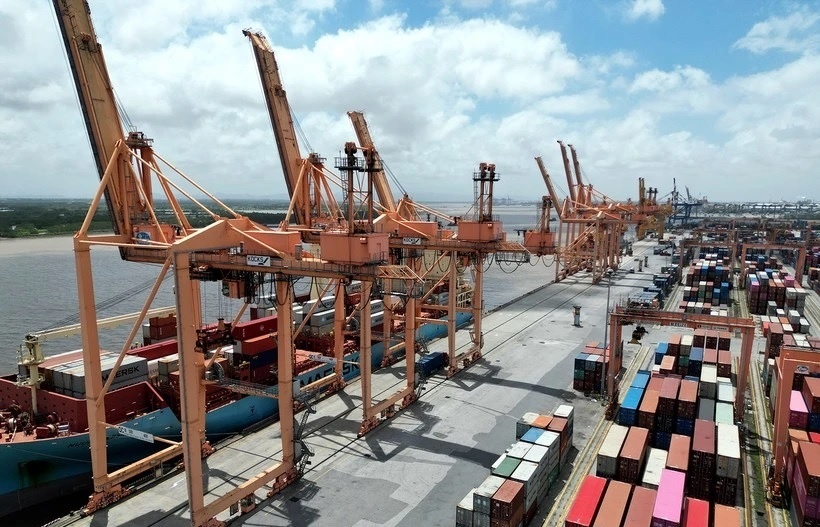
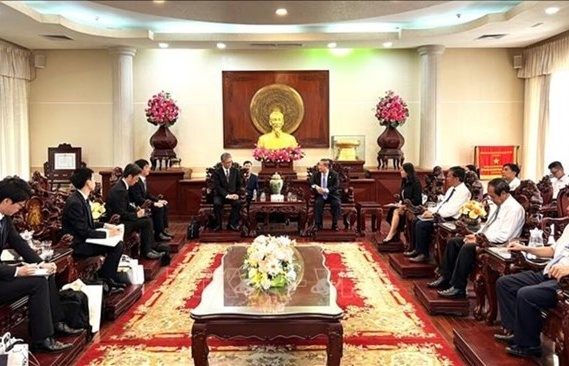
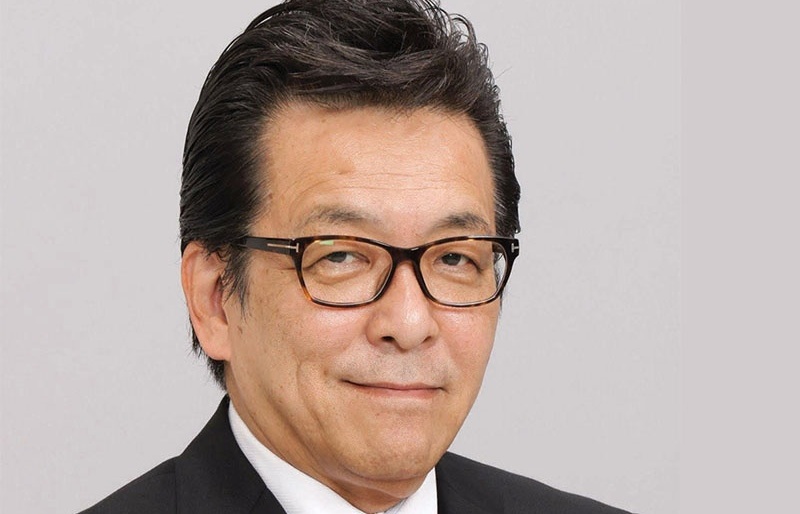
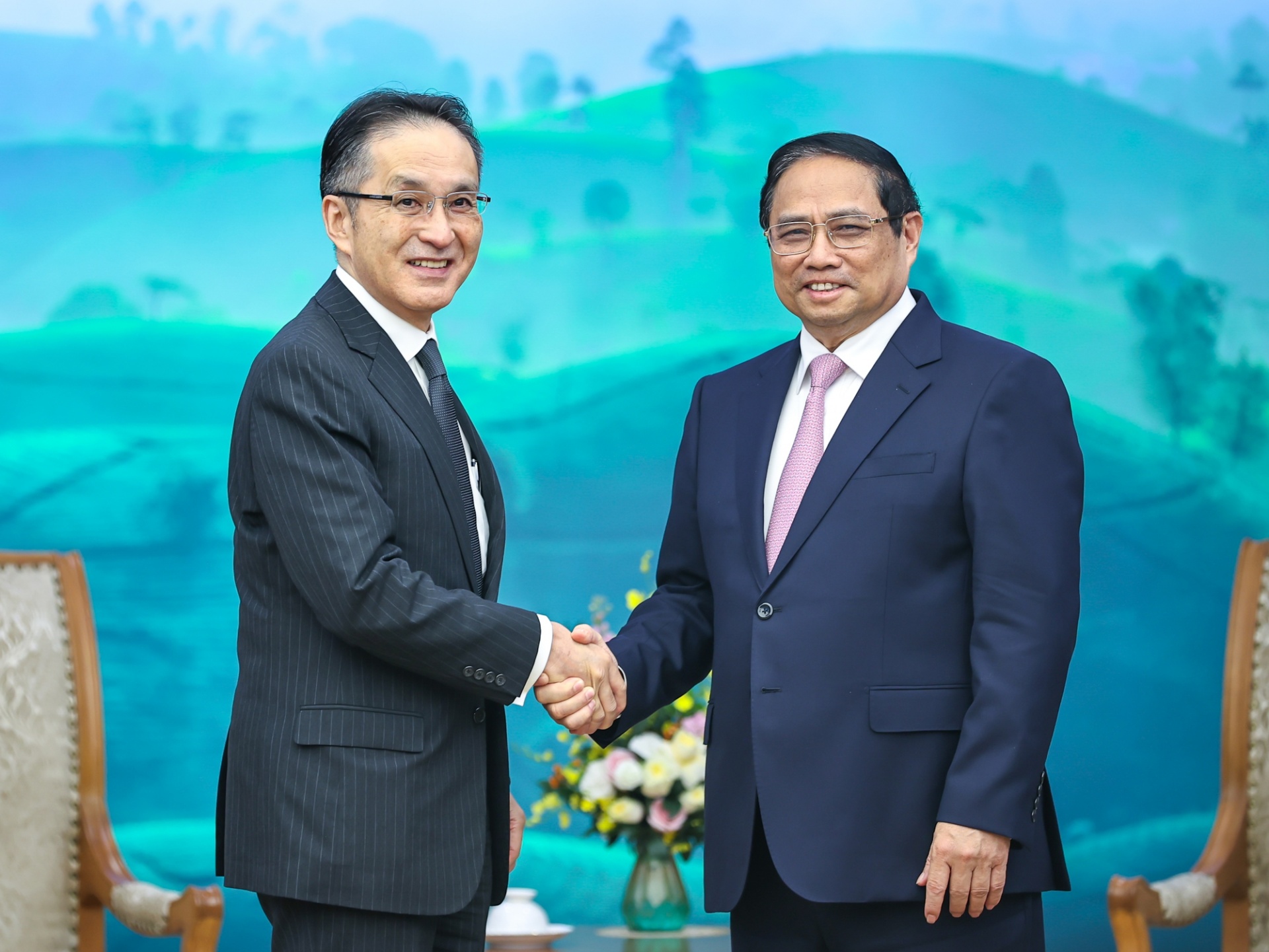










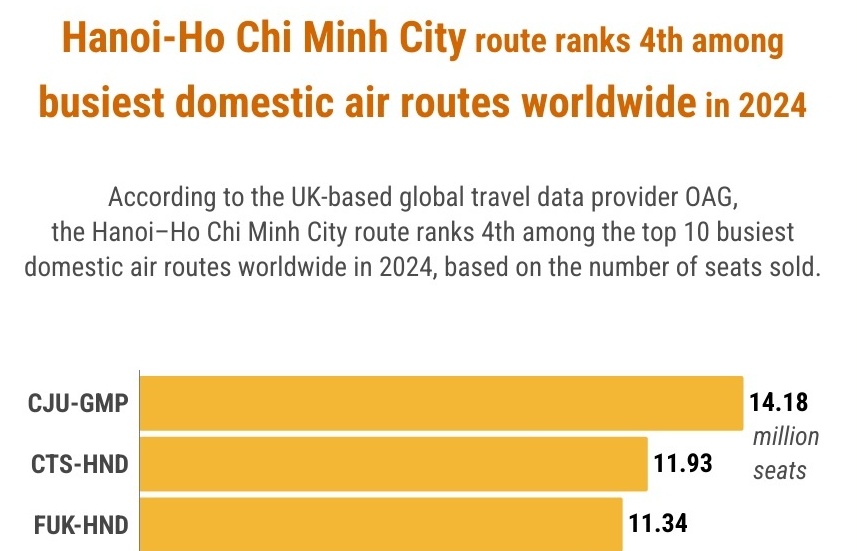





 Mobile Version
Mobile Version